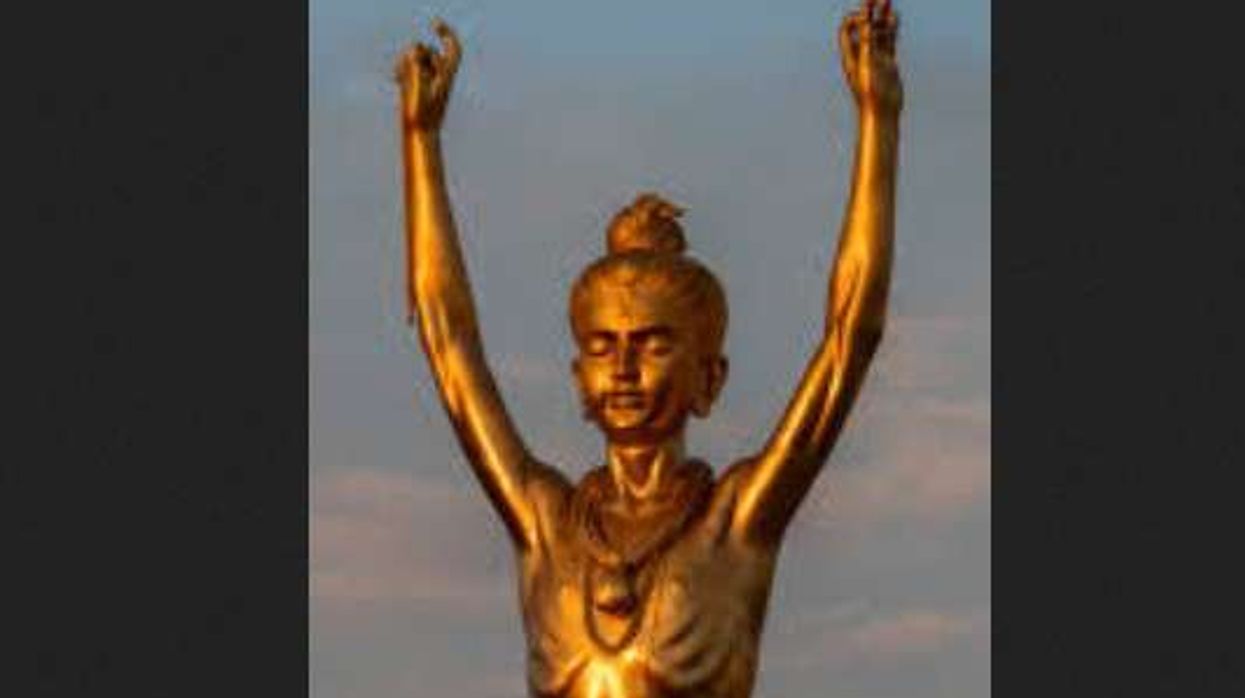by NADEEM BADSHAH
BRITISH INDIAN and Bangladesh-origin school children are outperforming their white peers
in the classroom, latest government figures show.
Some 76 per cent of British Indian 10- and 11-year-olds met the “expected standard” in reading, writing and maths, compared to 64 per cent of white pupils. The figure was 69 per cent among children of Bangladeshi heritage, higher than the overall average of 64 per cent, and 61 per cent among Pakistani-origin kids.
And British Asian girls are again leading the way with 72 per above average performances in numeracy and literacy, compared to 65 per cent among Asian boys.
The highest-performing ethnic group was Chinese pupils at 81 per cent in 2017/18, according to the Department for Education data published last month.
Ros McNeil, assistant general secretary of the National Education Union (NEU), told Eastern
Eye: “It is important to hear positive stories of Indian and Bangladeshi origin children achieving at school, particularly in the current climate of xenophobia and increasing
racism.
“Teachers have told us about the impact increased racism and a rise in far-right activity in Britain is having on BAME children in schools, so it’s important that positive stories of success and achievement are celebrated.
“However, we must be mindful of data being analysed to present itself in ways that reinforce unhelpful stereotypes about students from some ethnic groups.”
The figures also showed that in every ethnic group, pupils eligible for Free School Meals (FSM) were less likely to meet the expected standard than non-FSM pupils.
Among pupils of south Asian origin, 57 per cent of FSM-eligible students met the expected standard in reading, writing and maths, compared to around 70 per cent of non-FSM children.
McNeil added: “The NEU wants evidence-based, teacher-led assessments that centre around the strengths and developmental needs of every child. We must reduce the level of comparison and competition between students and between schools.
“Singular demographic analysis of achievement tells one story, but a wider analysis ... reveals much more about the growing race and class disparities within society.
“Good education, and positive learning experiences, should be measured through achievement across a range of subjects, student wellbeing and individual progress
made, rather than through target percentages for attainment in reading, writing and maths.”
Part of the reason for the success of Asian pupils is the top state schools in east London, which have the highest Bangladeshi population in the UK.
At Brampton Manor academy in Newham, half of those holding University of Oxford offers are on the free school meals scheme, and nearly all are from minority ethnic backgrounds.
Brampton Manor is in one of the poorest boroughs in the capital, but its success rivals top private schools like Eton College in Berkshire. In January, it said 41 students won offers from Oxford.
At the London Academy of Excellence in Stratford, 15 pupils got into Oxford and Cambridge last year. Around 3,000 children apply for one of the 275 places at the school, dubbed the “Eton of the East End”.
Rushanara Ali, Labour MP for Bethnal Green and Bow in east London, told Eastern Eye: “It is encouraging to see an improvement in the level of Indian and Bangladeshi-origin children’s literacy and numeracy skills over the past decade.
“However, the government should concentrate on creating a level-playing field... by reversing its damaging cuts to education and children’s services.”
Mohamed Omer, the governor of a state school in Essex, said: “Indian and Bangladeshi students have a natural talent for numbers, something which is encouraged by their parents. In addition, people from the subcontinent are business minded and therefore
there is an acumen for numbers.
“In terms of reading and writing, the children may be first-generation [migrants] and their parents will not have had the opportunity for education. Hence they will ensure they pay attention to their children’s studies and want better for them; in some cases, investing
in tuition for their children.”
Maheraj Ahmed, who was born in Bangladesh and lives in an East End council flat, is set to go to Eton’s sixth form in September after receiving a scholarship.
Ahmed, 16, who attended a comprehensive school in the Plaistow area, said: “People would
not think that I would have much in common with the boys at Eton, but I did not find them stuck up at all. They just want to do well in life, that is all I want.
“The only difference is my motivation is maybe stronger than theirs. My family and I have had a hard life. Eton will give me a chance to make our lives better.”











